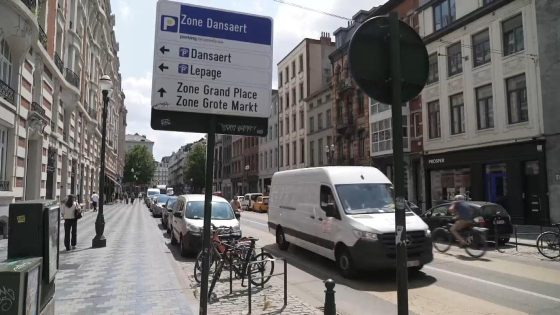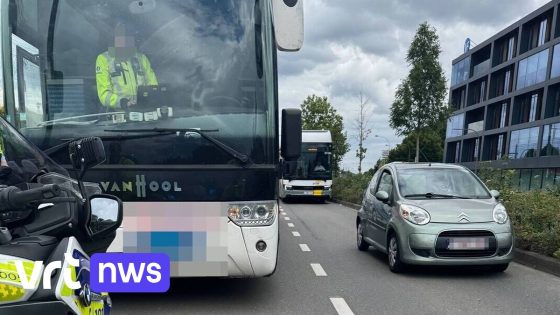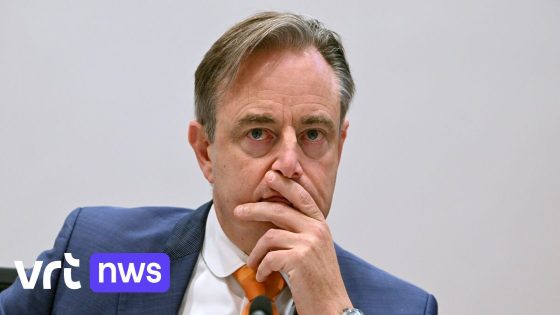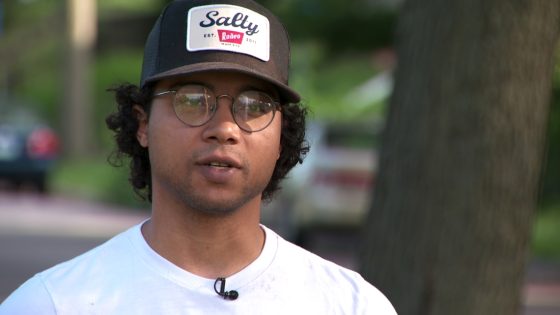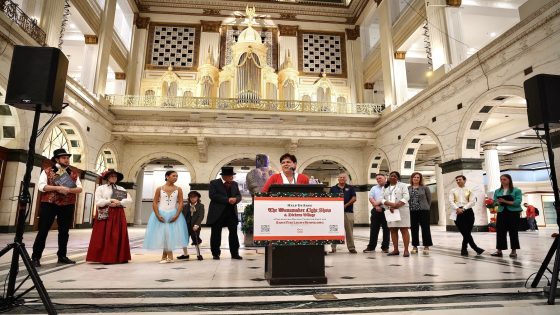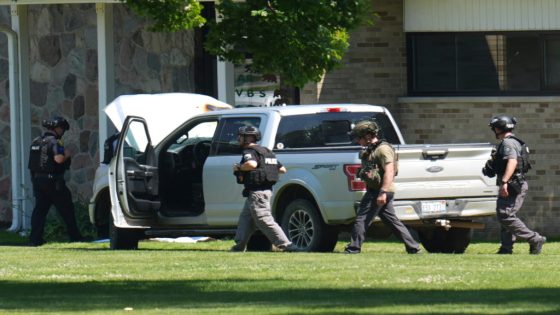Brussels’ recent parking fee increase has sparked strong reactions among local shopkeepers and residents. The new rates, effective as of 2025-06-18 14:04:00, aim to reduce street parking and traffic in the city centre. However, many independent traders warn this move could deter customers and hurt small businesses struggling against high rents and online competition.
- SDZ warns parking hike deters city shoppers
- Parking fees rise significantly in red, green zones
- Federation urges suspension, calls for free parking
- Traders highlight transport challenges, risk avoiding Brussels
- Mobility alderwoman extends free parking to 20 minutes
- City aims to reduce cars, improve livability
With parking fees rising from €5 to €9.20 in red zones and from €3 to €5.50 in green zones, some fear shopping locally will become too expensive. Business groups and traders argue this change risks pushing shoppers towards larger malls or keeping them at home. Is this policy balancing urban mobility with economic vitality, or is it sacrificing small shops for budget goals?
As Brussels tries to limit car use downtown, the question remains: how can the city support local commerce while improving quality of life? The debate continues, leading to calls for revised parking strategies and better alternatives for visitors.
Does the parking increase unfairly penalise local shops, or is it a necessary step for sustainable urban living? The challenge lies in finding a balance that benefits residents, businesses, and the environment. Key points include:
- Independent traders warn higher fees make local shopping a luxury, risking customer loss.
- The city extends free parking from 15 to 20 minutes to ease quick visits.
- Officials stress alignment with regional rates and encourage use of underground and peripheral parking.
- Calls grow for temporary rates and free parking times to support neighbourhood shops.
Looking ahead, Brussels must engage in dialogue with business owners and residents to refine parking policies. Could innovative solutions help the city reduce traffic while keeping its small businesses thriving? The future depends on collaborative efforts and flexible approaches.



